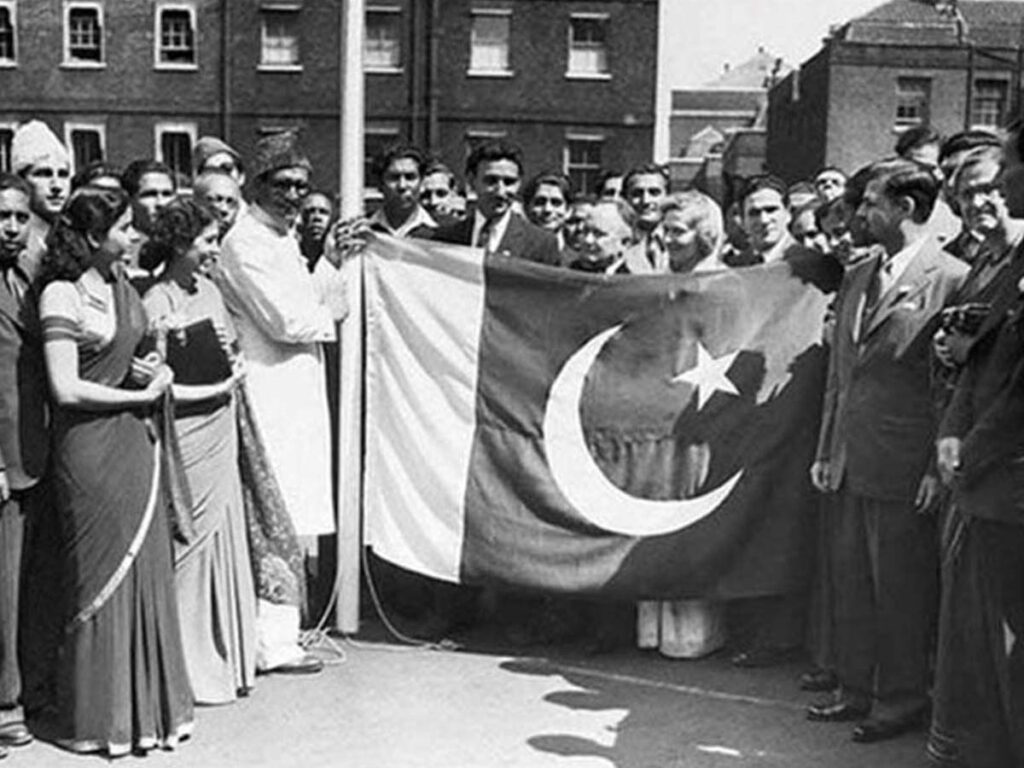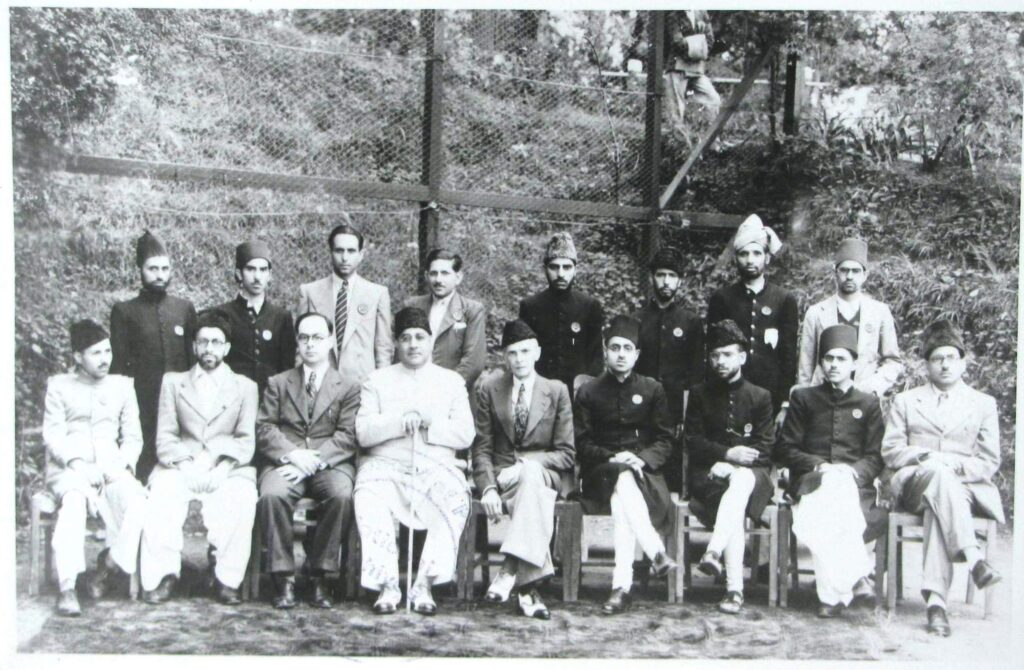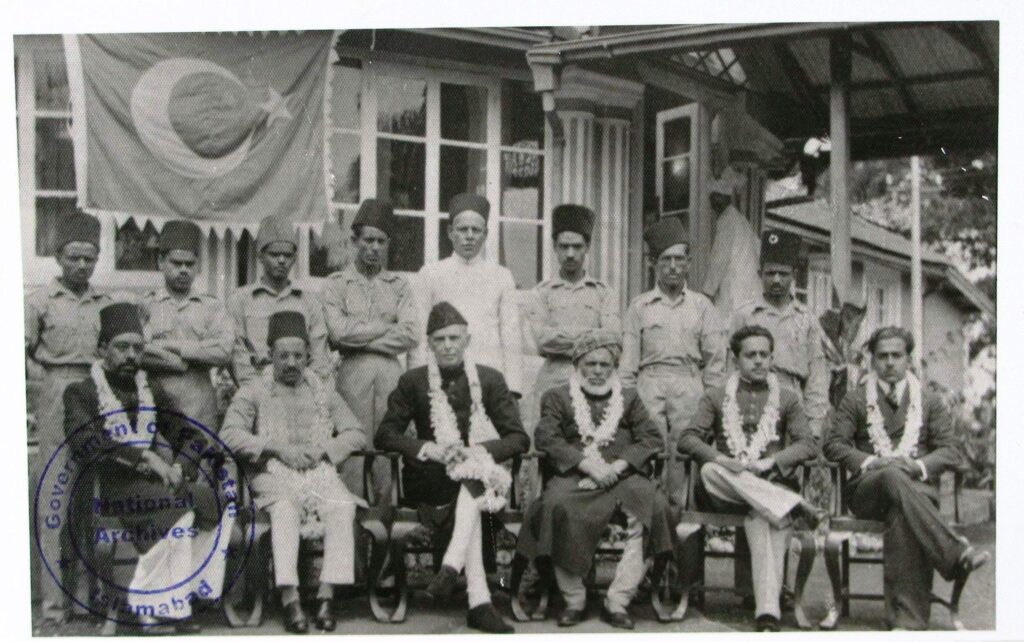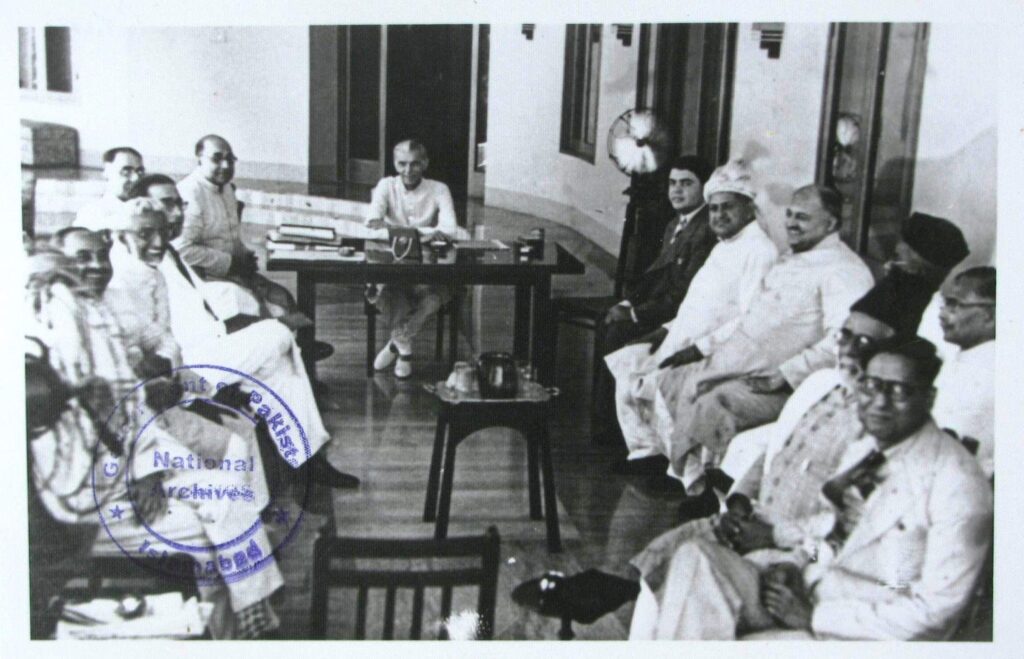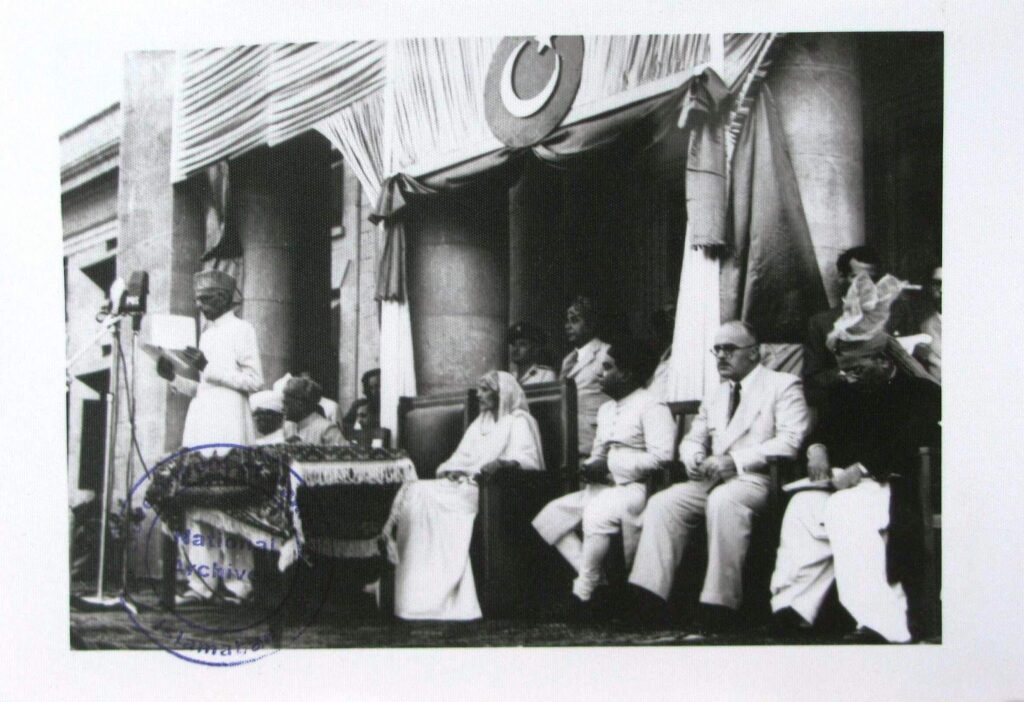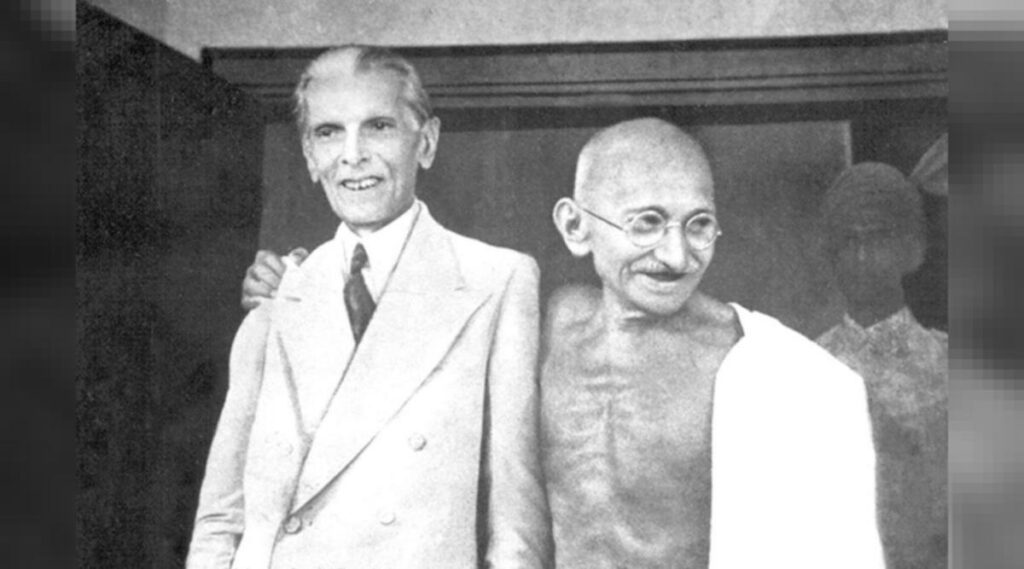The history of Pakistan (Urdu: تاريخ پاكِستان ) encompasses the history of the region constituting modern Pakistan. Prior to independence in 1947, the territory of modern Pakistan was a part of the British Indian Empire.
Prior to that British Indian Rule was ruled in different periods by local kings and numerous imperial powers. The ancient history of the region comprising present-day Pakistan also includes some of the oldest of the names of empires of the Indian Subcontinent and some of its major civilizations. By the 18th century, the land was incorporated into British India.
The name of the nation-state was coined by Cambridge University’s political science student and Muslim nationalist Rahmat Ali, and was published on 28 January 1933 in the pamphlet “Now or Never”. After coining the name of the nation-state, Ali noticed that there is an acronym formed from the names of the “homelands” of Muslims in northwest India:
- “P” for Punjab;
- “A” for Afghania; (now known as Khyber Pakhtunkhwa)
- “K” for Kashmir;
- “S” for Sindh;
- “Tan” for Baluchistan; thus forming “Pakstan”.
After the publication of the pamphlet, the Hindu Press vehemently criticized it, and the word ‘Pakstan’ was used in it. Thus this word became a heated topic of debate. With the addition of an “i” to improve the pronunciation, the name of Pakistan grew in popularity and led to the commencement of the Pakistan Movement, and consequently the creation of Pakistan.
Pakistan’s political history began with the birth of the All India Muslim League in 1906 to protect “Muslim interests, amid neglect and under-representation” and to oppose Congress and growing Indian nationalism in return the British Raj would decide to grant local self-rule.
In Urdu and Persian languages, the name encapsulates the concept of Pak (“pure”) and stan (“land”) and hence a “Pure Land”. On 29 December 1930, philosopher Sir Muhammad Iqbal called for an autonomous new state in “Northwestern India for Indian Muslims”. The League rose to popularity in the late 1930s. In 1935, the British government proposed to hand over substantial power to elected Indian provincial legislatures, with elections to be held in 1937. After the elections, the League took office in Bengal and Punjab, but the Congress won office in most of the other provinces and refused to devolve power with the League in provinces with large Muslim minorities citing technical difficulties.
Muhammad Ali Jinnah espoused the Two-Nation Theory and led the League to adopt the Lahore Resolution of 1940, demanding the formation of independent states in the East and the West of British India. Eventually, a successful movement led by Jinnah resulted in the partition of India and independence from Britain, on 14 August 1947.
In 1947, the Founding fathers of Pakistan agreed to appoint Liaquat Ali Khan as the country’s first Prime minister with the founder of Pakistan, Muhammad Ali Jinnah, tenuring as both first Governor-General and President-Speaker of the State Parliament.
For more details on the History check out this link: www.StoryofPakistan.com. You can also find an interesting set of Archives of the history of Pakistan here: https://archives.gov.pk/

